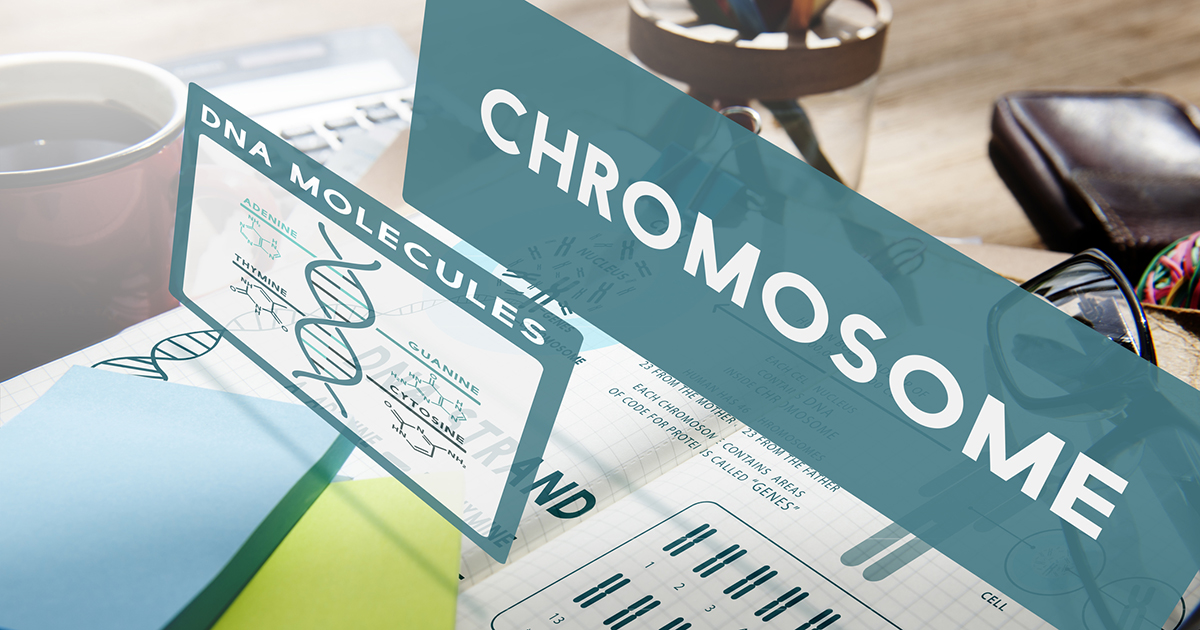Causes And Complications Linked To DiGeorge Syndrome
DiGeorge syndrome is one of several disorders caused by a broader condition called 22q11.2 deletion syndrome. It occurs when a portion of the chromosome 22 doesn't exist. The deletion leads to poor development of multiple systems in the body. In the past, multiple disorders now covered under the 22q11.2 deletion umbrella were thought to be separate conditions. These include DiGeorge syndrome, velocardiofacial syndrome, plus any other conditions caused by the same genetic factors. Associated medical problems include complications due to low calcium levels in the blood, delayed cognitive development, emotional and behavioral problems, a cleft palate, heart defects, and poor functioning of the immune system.
Learn the details regarding the causes and complications surrounding DiGeorge syndrome now.
Genes And Chromosome 22

DiGeorge Syndrome is associated with genes and chromosome 22. Humans typically have 46 chromosomes made up of twenty-three pairs, one copy coming from each parent. Chromosome 22 represents about one and a half to two percent of the DNA found in people's cells, and it's the second-smallest chromosome in humans. With DiGeorge syndrome and other conditions under the 22q11.2 deletion syndrome umbrella, a small portion of the chromosome is deleted around the middle of the sequence. The location of the deletion has been designated q11.2. Patients with the disorder are missing around three million base pairs on one of their chromosome 22 copies. Researchers haven't yet isolated every single gene that contributes to the symptoms in DiGeorge syndrome. The loss of the gene TBX1 might be responsible for hearing loss, low calcium levels, distinctive facial features, a cleft palate, and heart defects. The loss of the gene COMT might cause mental illness and behavioral issues.
Keep reading to reveal complications associated with DiGeorge syndrome now.